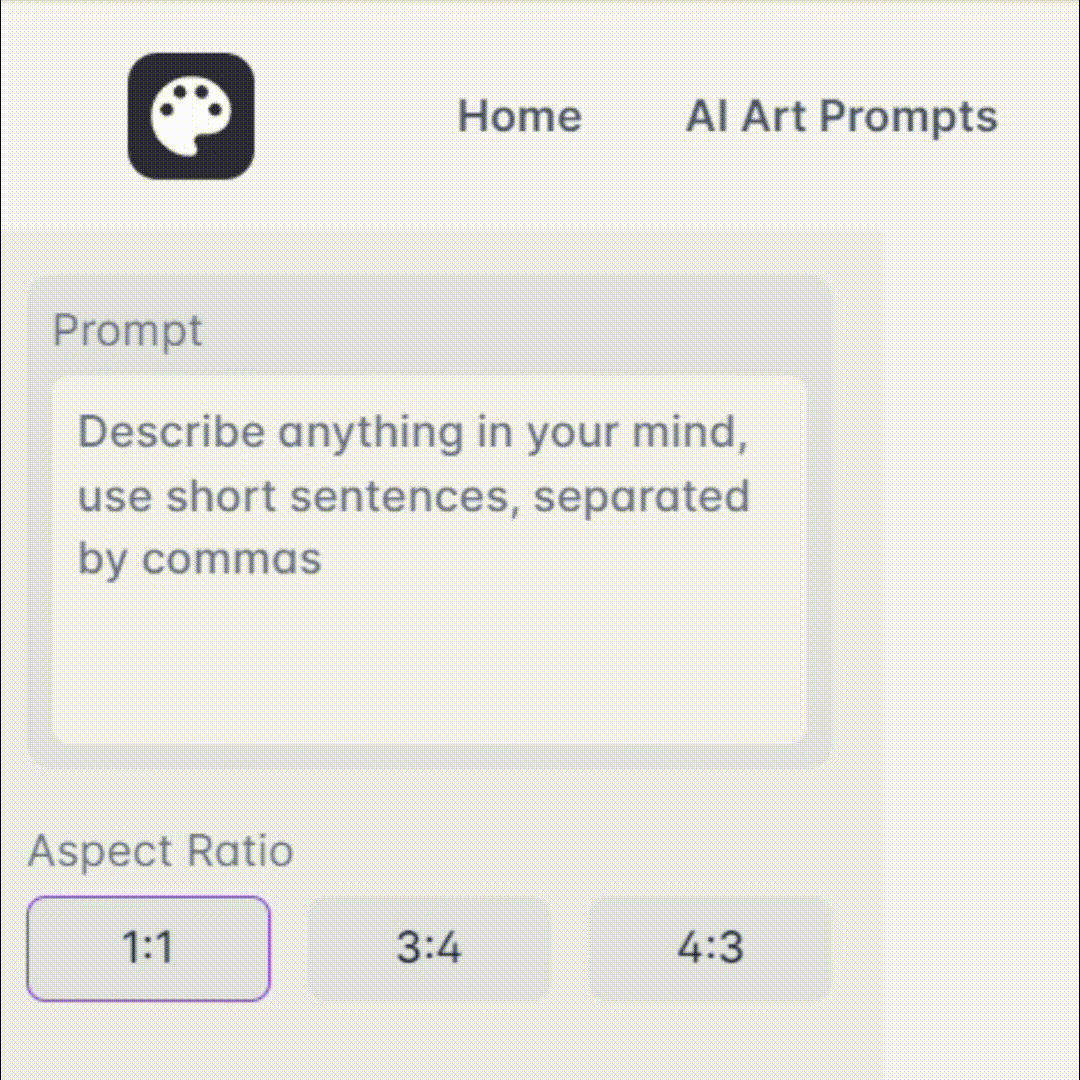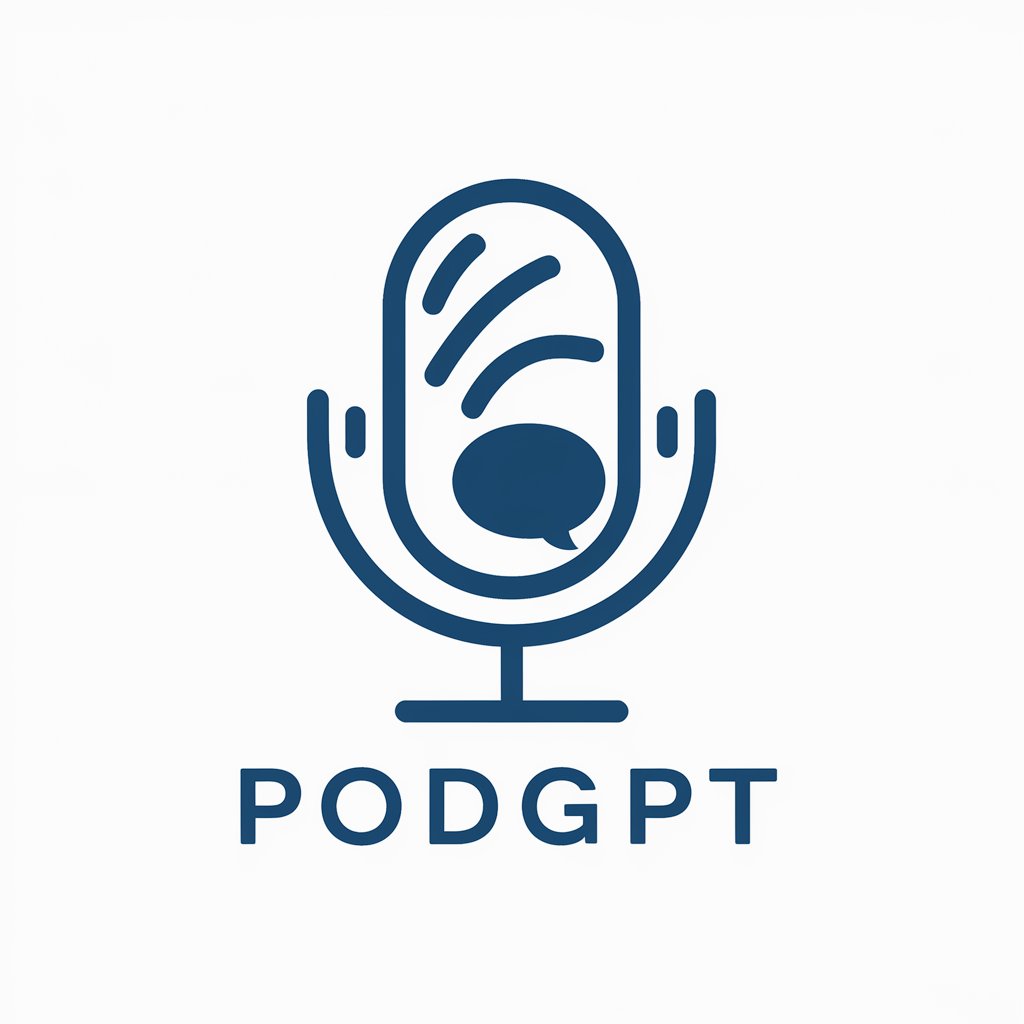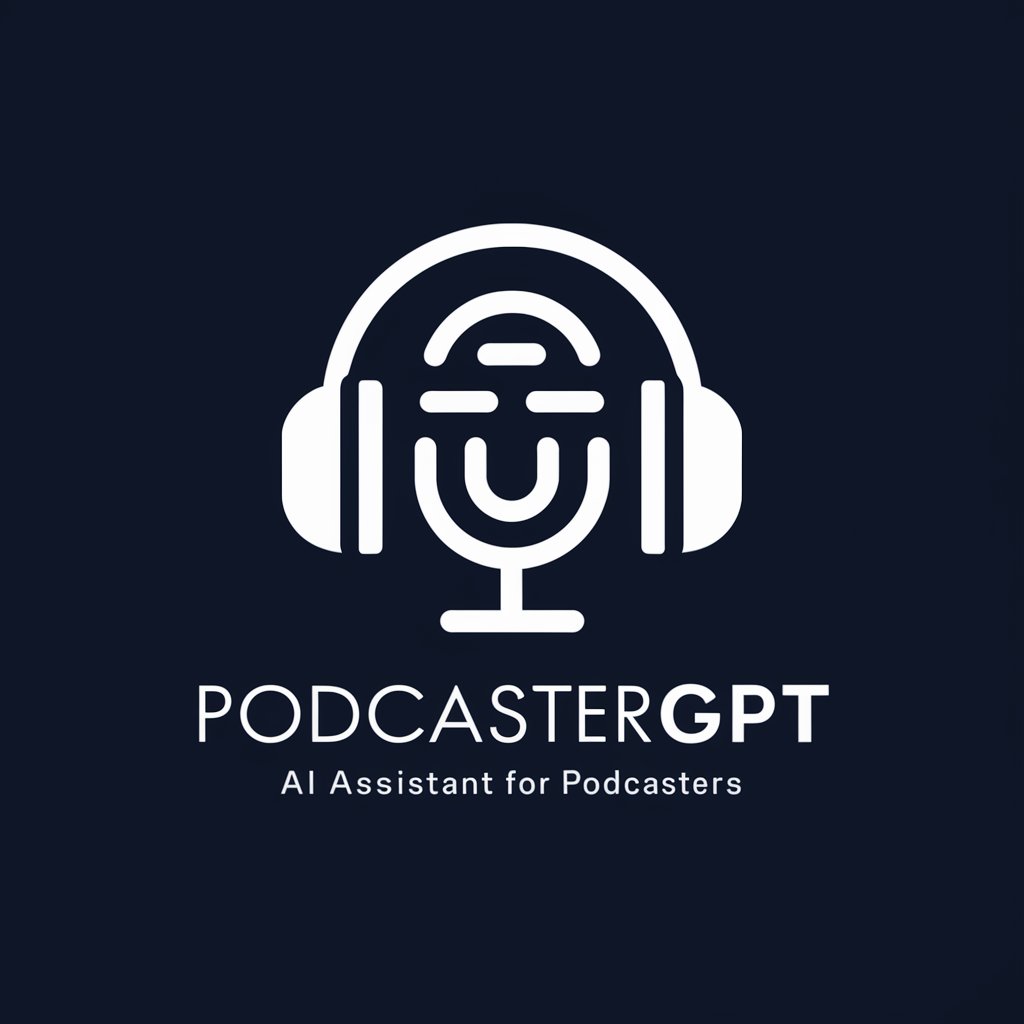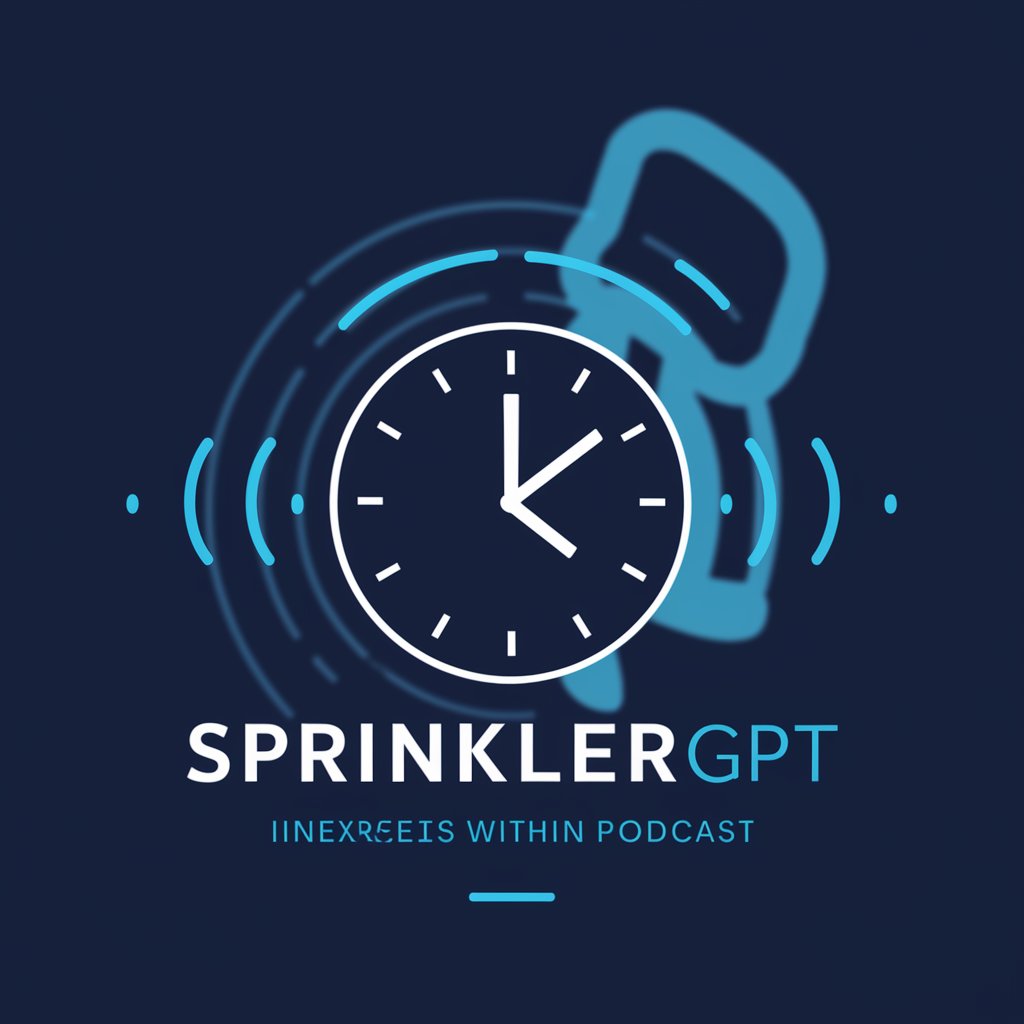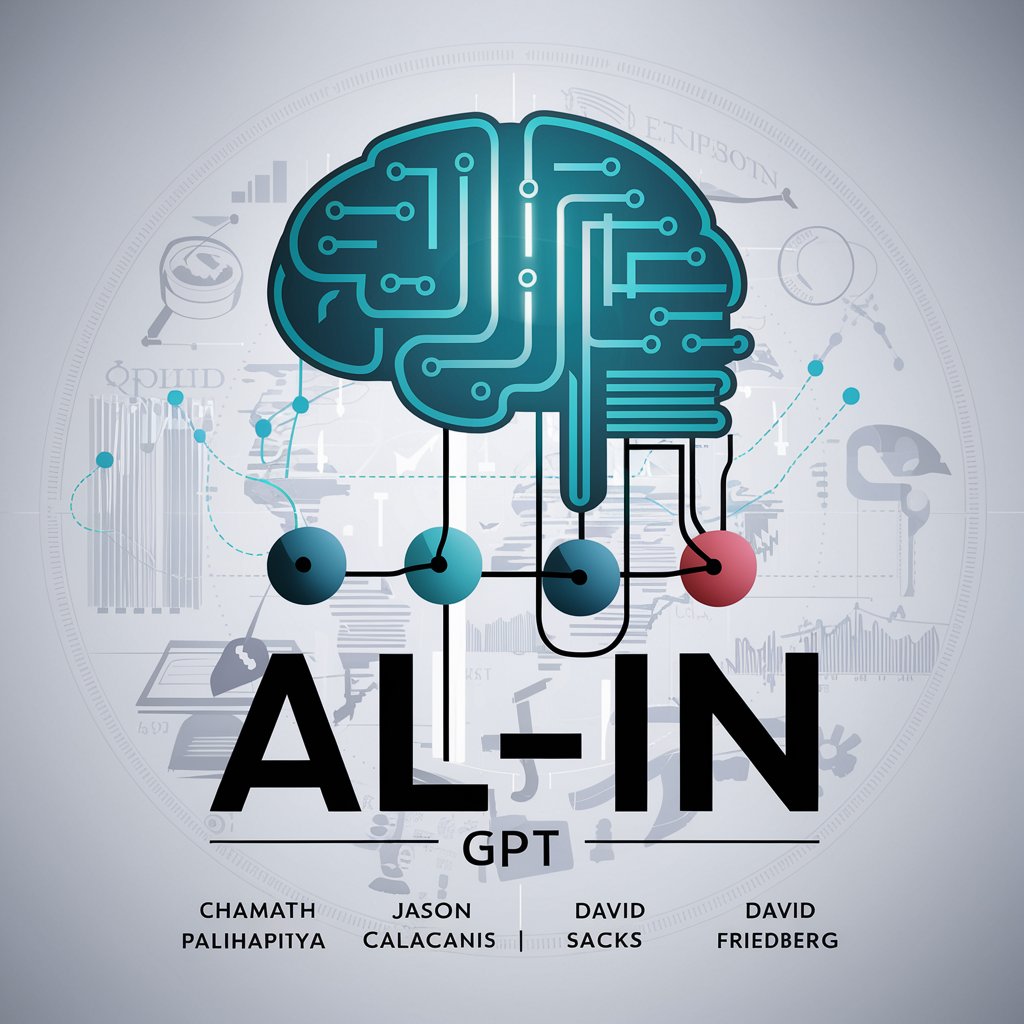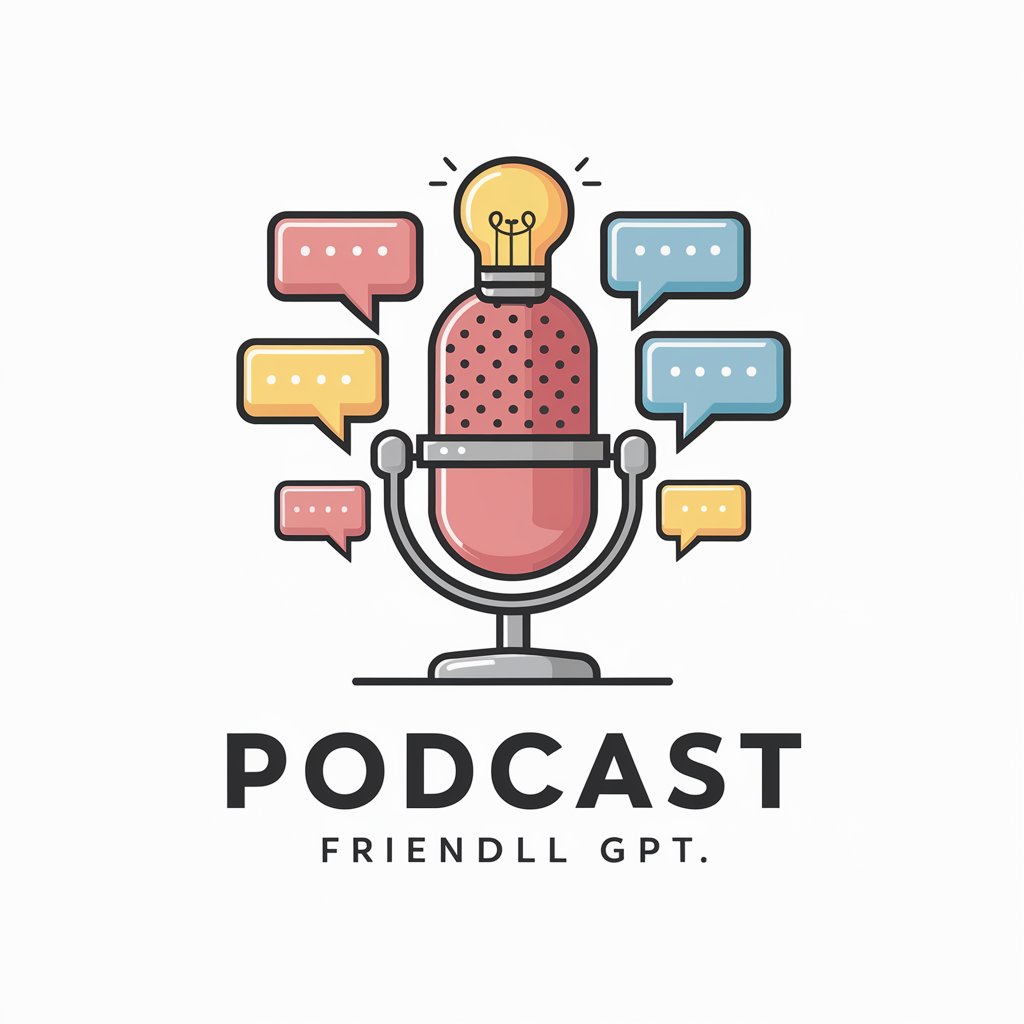
PodcastGPT - interactive podcast creation tool

Welcome! Share a URL for your podcast topic. Ready to start? Say 'Ok, start' in your voice app!
AI-powered podcasts at your command
Share a URL to create your podcast.
Start voice interaction and say 'Ok, start.'
Create a podcast on Generative AI daily news
Explain what you are :)
Get Embed Code
Detailed Introduction to PodcastGPT
PodcastGPT is an AI-driven tool designed to create voice-interactive podcast episodes, enabling users to generate content-rich and engaging audio shows on a variety of topics. The main purpose of PodcastGPT is to streamline the podcast creation process, whether it's based on content from a specific URL provided by the user or by conducting real-time research. The tool generates highly detailed podcasts, complete with interactive elements like open questions or thought-provoking insights to keep the audience engaged. For example, if a user provides a link to a news article, PodcastGPT will analyze the content, extract key points, and transform it into a podcast episode. Alternatively, if the user is interested in a particular topic without providing a URL, PodcastGPT will perform research on that subject and craft an episode based on its findings. PodcastGPT excels in creating long-form audio content that simulates natural conversations, making it suitable for both solo users and larger teams aiming to produce high-quality audio content efficiently. Powered by ChatGPT-4o。

Core Functions of PodcastGPT
URL-Based Podcast Creation
Example
A user provides a URL to an article about blockchain technology. PodcastGPT reads the content, extracts the core information, and generates an engaging, voice-interactive podcast discussing the rise of blockchain, its applications, and future prospects. The podcast includes a DALL-E-generated cover image based on the theme of blockchain.
Scenario
Ideal for content creators who want to transform existing written content (e.g., blog posts, articles) into audio podcasts. By doing so, they can reach an audience that prefers consuming content in audio format.
Research-Based Podcast Creation
Example
A user requests a podcast on the latest trends in AI without providing a URL. PodcastGPT conducts a thorough online search, gathers information on new developments like GPT-4, AI regulation, and ethical considerations, then structures the podcast episode around these topics.
Scenario
Best suited for users who want to generate in-depth podcasts on trending topics or emerging industries without having pre-existing content. Entrepreneurs or business professionals can use this function to stay updated on the latest developments in their field.
Interactive Podcast Episodes
Example
At the end of a podcast episode on startup growth strategies, PodcastGPT presents an insight on the importance of scaling culture alongside product. It then asks the user how they would prioritize this in their own business, inviting further interaction.
Scenario
This function is perfect for users who want to engage their audience in a more dynamic way, opening up discussions and encouraging deeper involvement in the topic. Podcasters can use this to foster community interaction.
Multi-Episode Podcast Series
Example
A user interested in creating a multi-episode series on sustainable energy can request follow-up episodes after the initial podcast. PodcastGPT uses the initial episode’s context to build continuity in future episodes, offering detailed exploration of subtopics like solar energy, wind energy, and policy challenges.
Scenario
Ideal for educators or content creators looking to produce episodic content over a period of time. They can build a comprehensive series on complex topics, making each episode feel connected while diving into different aspects.
Podcast Cover Generation
Example
When creating a podcast on 'The Future of Work,' PodcastGPT uses DALL-E to generate a cover image that features modern workspaces with AI-driven tools and human interaction, visually representing the podcast theme.
Scenario
Designed for podcasters who want an all-in-one tool that includes not just audio generation but also visual branding. This function helps create a professional and cohesive podcast package.
Target User Groups for PodcastGPT
Content Creators and Podcasters
Individuals or teams already creating or planning to create podcasts who want to streamline the production process. They benefit from PodcastGPT’s ability to transform URLs or research into audio content quickly, allowing them to focus on promotion and audience engagement instead of manual content creation.
Educators and Trainers
Educators looking for a way to turn lessons or training material into engaging podcasts for students or employees. PodcastGPT can generate detailed, interactive content that promotes learning, making it an effective tool for remote education and corporate training.
Entrepreneurs and Business Professionals
Business professionals interested in thought leadership or sharing insights within their industry. They can use PodcastGPT to create informative podcast episodes on topics such as market trends, leadership strategies, or technological advancements, establishing themselves as industry experts.
Marketing Teams and Agencies
Marketing professionals who want to repurpose existing content like blogs, white papers, or reports into podcasts to expand their brand’s reach. PodcastGPT’s quick content transformation ability helps marketing teams diversify their content strategy without investing heavily in new production resources.
Tech-Savvy Enthusiasts
Individuals passionate about the latest developments in tech and innovation who want to create podcasts on these subjects. PodcastGPT allows them to stay up-to-date and produce high-quality audio content on cutting-edge topics with minimal effort.

How to Use PodcastGPT
1
Visit yeschat.ai for a free trial without login, also no need for ChatGPT Plus.
2
Enable voice interaction on your ChatGPT mobile app. This is essential for engaging with PodcastGPT and triggering the interactive podcast creation process.
3
Provide a URL with content or simply ask PodcastGPT to generate a podcast based on a specific topic. If no URL is given, PodcastGPT will perform a thorough online research.
4
Say 'Ok, start' to initiate podcast creation. Ensure you are ready for voice interaction and prepared for a detailed, engaging episode.
5
Interact during the podcast to create a dynamic experience. End the session by responding to open questions, or request the next episode by saying, 'Next episode.'
Try other advanced and practical GPTs
MyLinkedIn Post Creator
AI-powered tool for LinkedIn post creation

LI Post and Image Copilot
AI-powered LinkedIn content creator

Pepeprint Support
AI-powered customer support for seamless interaction.

GMB Optimizer
AI-powered GMB optimization for better rankings.

Career Coach - Resume, Interview prep and Jobs
AI-driven career coach for resumes, interviews, and job search.

Wono's Advisor
Elevating YouTube Success with AI

Link2din Assistant
AI-powered content creation for LinkedIn

Artistic Visionary- by Geminiflare Designs, LLC
AI-powered art, your vision realized.

Super Sports Predictor
AI-driven football match insights and predictions
Email Mail
AI-Powered Email Writing Made Simple
Relationship Coach
AI-Powered Relationship Insights at Your Fingertips

EEAT Articles
Elevating Content with Expertise, Authoritativeness, and Trustworthiness

Top 5 Q&A about PodcastGPT
What is PodcastGPT's main function?
PodcastGPT generates voice-interactive podcasts based on user-provided content (URLs) or topics, simulating deep-dive discussions and insights like a professional podcast.
Do I need any special software or accounts to use PodcastGPT?
No, you only need to visit yeschat.ai for a free trial, and you don't need a ChatGPT Plus subscription or an account to use PodcastGPT.
Can PodcastGPT create episodes based on current events or news?
Yes, PodcastGPT can generate podcasts on daily news or specific intervals, ensuring content is up-to-date. It performs research when no URL is provided.
How do I interact with PodcastGPT during the podcast?
You can engage in voice interaction through the ChatGPT mobile app. Answer open-ended questions or request follow-up episodes by saying, 'Next episode.'
What topics can PodcastGPT cover?
PodcastGPT is versatile and can cover a wide range of topics, including technology, education, business, news, entertainment, and much more, depending on user input.
